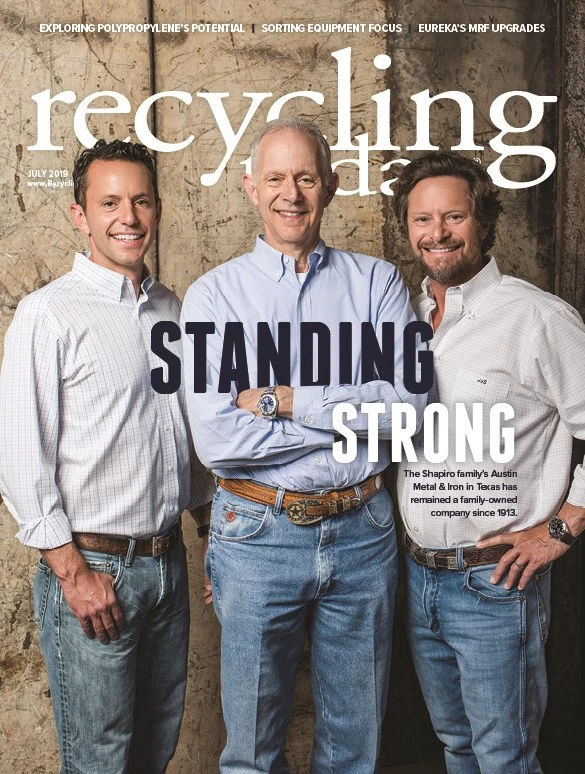1. How have recent changes in the market affected the evolution of metal sorting?
China’s new standards for the allowable contaminants thresholds for scrap imports have caused severe disruption on commodity trading worldwide. Existing nonferrous plants have been forced to slow down and add manual labor in an effort to create products they can sell. These market changes are creating demand for new solutions.

2. What steps have been taken to adapt to these market changes?
WENDT has been implementing a variety of solutions to help our customers navigate these new business conditions. Plant modifications when implemented have both increased tons per hour and product purity. These modifications include pre-processing and post-processing changes that can be retrofitted into legacy plants or new plant designs.
3. How do recyclers know whether they should invest in equipment?
WENDT continuously invests in research and development and has made a multimillion-dollar investment in a sorting plant at our Technology Center. The new metal cleaning and sorting plant serves as a full-scale (truckload) customer demonstration site in which they can test their own materials. It is our goal to reduce customer risk, utilize best-in-class technology, vet new processes and confirm a business case with a good return on investment.

4. What value does a metal sorting system offer?
WENDT’s metal sorting plant offers versatility and the ability to create different finished products that maximize margins based on market conditions:
- metals cleaning for China Certification & Inspection Group (CCIC) compliance (removal of circuit boards, trash and other contaminants);
- mixed metals sorting (zorba, zurik, and others) into segregated, furnace-ready products; and
- quality control of various shredded aluminum feedstocks (tutu, taboo, taint tabor and others).
5. What does the future state of metal sorting look like?
Metal sorting plants will offer additional technologies to segregate aluminum and stainless steel by grades. New markets both domestic and export will open up as materials achieve higher and higher purities.

Explore the July 2019 Issue
Check out more from this issue and find your next story to read.
Latest from Recycling Today
- Phoenix Technologies closes Ohio rPET facility
- EPA selects 2 governments in Pennsylvania to receive recycling, waste grants
- NWRA Florida Chapter announces 2025 Legislative Champion Awards
- Goldman Sachs Research: Copper prices to decline in 2026
- Tomra opens London RVM showroom
- Ball Corp. makes European investment
- Harbor Logistics adds business development executive
- Emerald Packaging replaces more than 1M pounds of virgin plastic





